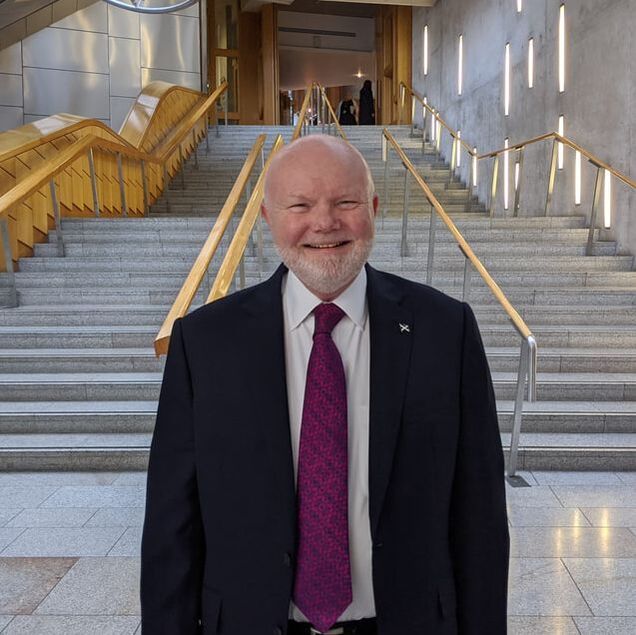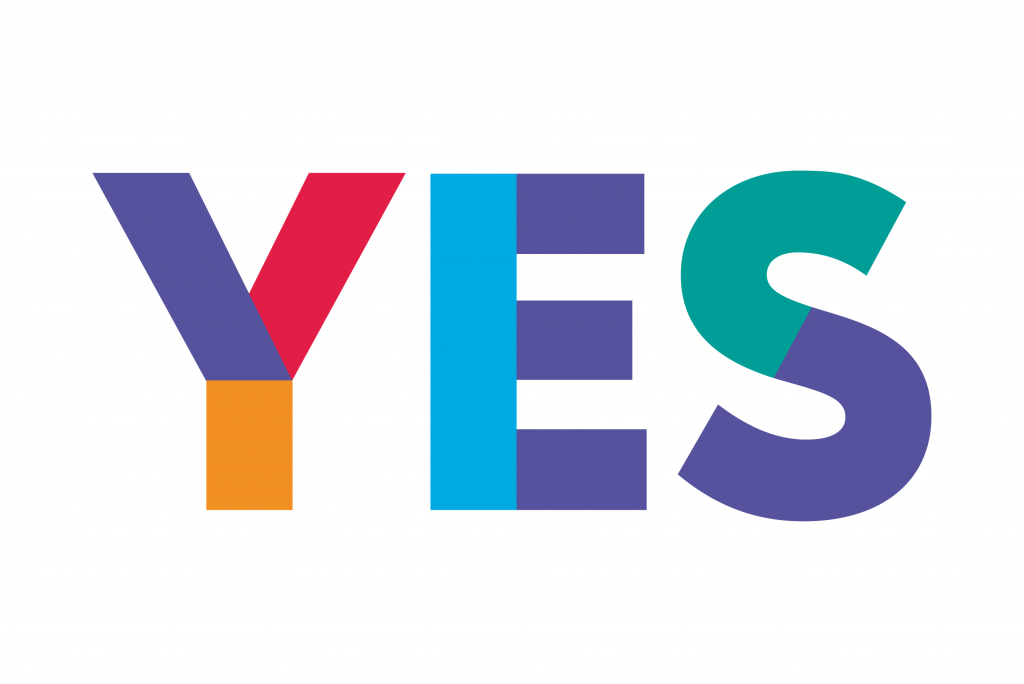|
An SNP parliamentary delegation led by Foreign Affairs spokesperson, Alex Salmond MSP MP, has been visiting Tehran over the last few days opening a dialogue aimed at boosting economic and cultural links between Scotland and Iran.
The delegation of six also includes the SNP’s Holyrood Chief Whip Bill Kidd MSP, who co-chairs the Parliamentarians for Nuclear Non-proliferation and Disarmament, and SNP Westminster Trade and Investment spokesperson, Tasmina Ahmed-Sheikh MP, who is vice-chairperson of the APPG on Iran. Two members of staff are supporting the group as well as Azzam Mohammad - Director of the Ahl Al Bait Society in Scotland, whose knowledge of Iran and the the Middle East have been influential in preparing for the visit. Speaking about the visit, Mr Salmond said: “The international agreement with Iran and rapprochement with the West which has accompanied it is the single most positive development in international relations over the last year and the most important diplomatic achievement of the Obama administration. “Now that Iran has taken these steps forward to return to international community, many countries have been pursuing the prospect of a new market place for their goods and a new trading partner. “It is vital that Scotland is not left behind as our key strengths, particularly in education, agricultural technology and oil and gas and finance, are precisely what Iran will find useful after 25 years of sanctions. “This mission, which involves talks with ministers from a range of portfolios including foreign affairs, education, agriculture and energy and the Governor of the Iranian Central Bank, is paving the way for an education and business delegation in the spring which will then be reciprocated by a similar group from Iran to Scotland. “By establishing a dialogue based on the sound Scottish principle of enlightened self-interest, we are building a partnership that will serve both countries well for the future.” Mr Kidd said: “As a Co-President of PNND, with almost 900 Members of over 80 Parliaments world-wide, I am very pleased to be visiting the Islamic Republic of Iran at a time of great international importance. “The news that the International Atomic Energy Agency (IAEA) has announced that there is no evidence of a possible military dimension in Iran’s nuclear programme will open many possibilities for trade and cultural exchange, but also of major importance will be the opportunities for Iranian parliamentarians to engage with PNND and other global organisations working for nuclear non-proliferation and disarmament. “Scotland has a world-wide reputation, both civically and politically, for opposition to the continued existence of nuclear weapons both at home and internationally and the Scottish Government is both in favour of a nuclear weapons convention and of UN General Secretary, Ban Ki Moon’s Five-Point-Plan for a world free from nuclear weapons. We believe that Iran’s re-emergence on the world stage as a full international partner in the debate on nuclear disarmament can only enhance the prospects of achieving that goal, which is the aim of the great majority of nations and peoples across the globe. “I have been discussing with parliamentarians and those from across civil society in Iran the benefits of becoming involved in giving their considerable capabilities to these initiatives of nuclear non-proliferation and disarmament internationally and joining with their Scottish colleagues and those of other nations in achieving a peaceful world free of nuclear weapons.” Ms Ahmed-Sheikh said: “Reestablishment of formal links will go a great way to facilitating the process of restoring significant trade links between our countries. However, the SNP believes that we need to ensure that cultural, educational and economic links with Iran are strengthened to rebuild our bilateral relationship. One of the main purposes of this visit. “We are also taking the opportunity in every ministerial meetings to raise human rights issues both international and domestic to Iran including gender equality. “In particular, we believe the opportunity for developing educational links with Iran is huge. Currently, more than half of Iranians aged 18 to 24 are enrolled in some form of higher education in the country. Of these, around 85 percent of students pay privately for their education. “Iranian parents annually spend more than 3 billion dollars supporting their children through Higher Education. Of the approximately 900,000 students who applied in 2011 for a master’s degree in Iran, only 60,000, or 6 percent of applicants, were accepted. “The figures for PhD candidates are disappointing too: only 4 percent of those seeking a doctorate made it into a programme, leaving over 121,000 Iranian applicants disappointed. “This would indicate a key area of investment within Iran, and an opportunity for educational institutions elsewhere to meet this demand. Educational partnerships will be good for us, and good for Iran.”
0 Comments
Leave a Reply. |
Parliamentary WorkArchives
May 2024
Links |




